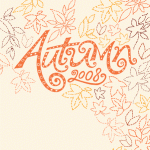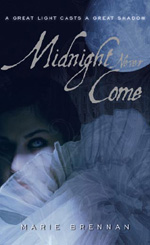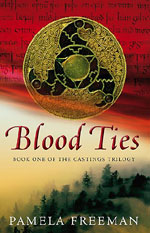2008 Locus Poll open for voting
We’ve been checking out the 2008 Locus Poll & Survey in the office this week. This is the final voting poll, and you don’t actually have to be a Locus subscriber to register your vote.
In each of the categories there are a number of suggested titles, sourced from the 2007 Locus Recommended Reading List, or you can add your own titles via the write-in boxes on the form.
We’re particularly happy to see a number of Orbit’s lead publications for last year included in the recommendation shortlists, including:
- The Execution Channel by Ken MacLeod (Best SF Novel)
- Halting State by Charles Stross (Best SF Novel)
- Devices and Desires, Evil for Evil and The Escapement from The Engineer Trilogy, all of which we published in the US in 2007 by K.J. Parker (Best SF Novel… interestingly)
- A Betrayal in Winter, which we published as part two of The Long Price in the UK, by Daniel Abraham (Best Fantasy Novel)
Ken MacLeod and Charles Stross also have long-listed pieces in the Best Novella, Best Novelette and Best Short Story lists. And what’s that you say? Orbit are long-listed under Best Publisher? Well, yes, but we’re all far too polite to mention it…







 Publishers Weekly gives Marie Brennan’s Midnight Never Come a starred review in this week’s issue:
Publishers Weekly gives Marie Brennan’s Midnight Never Come a starred review in this week’s issue: Over at
Over at 



